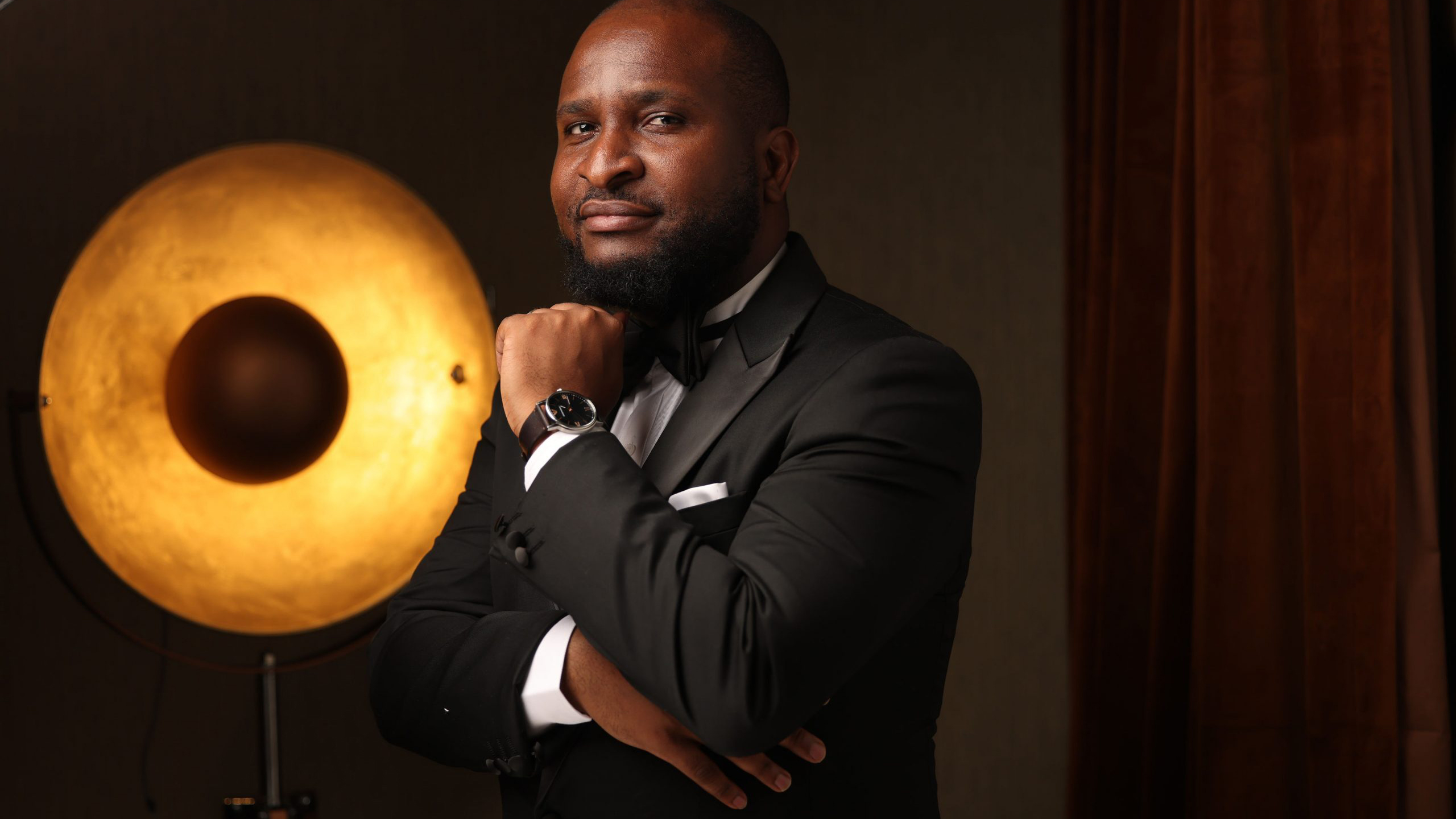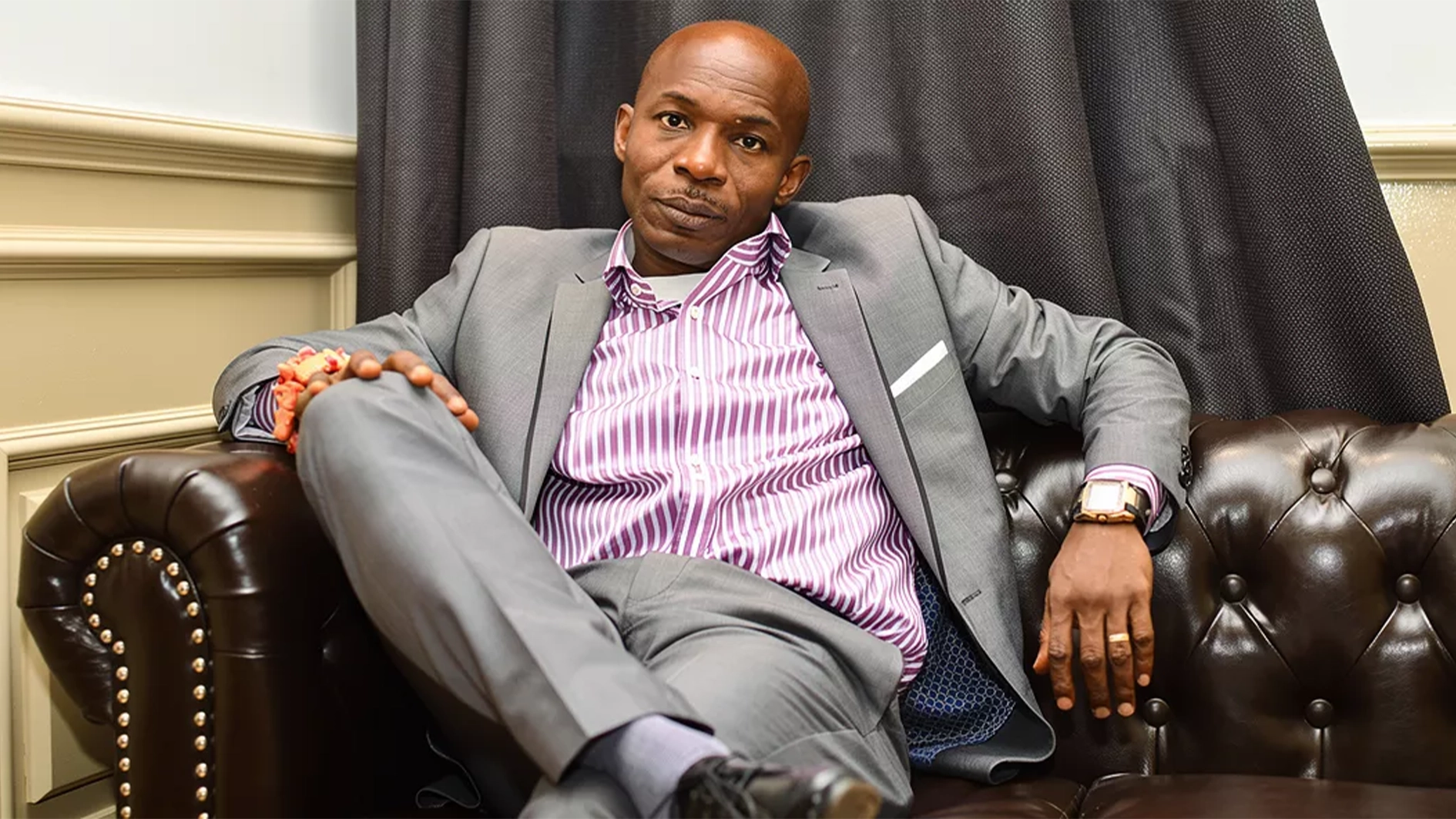Chinenye Florella Nwankwo is the Director of Business Development at Infuxion Communications Limited. She discusses her leadership journey, vision, career challenges and opportunities with GREGORY AUSTIN NWAKUNOR.
Can you walk us through your journey to your current position at Infuxion Communications Limited?
My journey to becoming Director of Business Development at Infuxion Communications has been both organic and intentional. It all started when I made the deliberate decision to return to school to study Media and Communication, a move that laid the formal foundation for my career in this space.
Following that, I interned at a reputable PR agency, which at the time was widely regarded as a “university of public relations” due to its strong reputation for producing some of the industry’s finest practitioners. Many of its alumni now lead communication teams across sectors, and it was there I truly gained practical exposure to the art and science of PR.
Since then, I have taken on a variety of client-facing roles, gradually building deep expertise in stakeholder engagement, media strategy, and client growth management. Over the years, I developed a strong interest in development-driven narratives and strategic visibility. Joining Infuxion allowed me to merge that passion with business development, driving meaningful client relationships while shaping our growth trajectory. My current role is a culmination of years spent understanding the intersection between corporate influence and public perception.
How is Infuxion adapting to the evolution of digital media, influencer marketing, and data-driven storytelling?
We’ve embraced a hybrid strategy that integrates traditional PR strengths with the dynamism of digital PR. We’ve built strong relationships with credible influencers, not just for visibility, but for authentic alignment with client narratives. Our campaigns are increasingly driven by data, whether it’s audience sentiment, media reach, or engagement patterns. This allows us to make smarter, more measurable decisions. We are also investing in internal capacity to interpret analytics, build digital content pipelines, and deliver campaigns that are agile and relevant.
How do you envision the future of PR in Africa, particularly in the Nigerian context?
I see the future of PR in Nigeria and across Africa as bold, strategic, and impact-focused. As businesses and governments realize the power of perception and narrative, PR will no longer be an afterthought. It will become central to policy-making, brand positioning, and national identity. With Nigeria’s young, digital-first population, PR will also become more democratized and inclusive. Those who thrive will be the firms that combine cultural intelligence with innovation.
What role do public relations firms like Infuxion play in national development, public policy, or civic education?
Firms like Infuxion are uniquely positioned to bridge the gap between institutions and the public. Whether it is simplifying policy, promoting civic responsibility, or managing public trust, PR is critical to building informed and engaged societies. At Infuxion, we have been deliberate in pursuing clients and causes that align with development, be it energy efficiency, education, or governance. We believe storytelling is not just for brands; it is a tool for national progress, and we are proud to contribute our expertise to that end.
What were some defining moments or breakthroughs in your career path?
One of the most defining moments was leading the communication strategy for a high-stakes stakeholder engagement project in the oil and gas sector, which earned regional recognition. It was a turning point that reinforced my belief in the power of intentional messaging. Another breakthrough was when I successfully transitioned from client service into business development; it allowed me to shift from executing strategy to shaping what kind of partnerships and opportunities the firm should pursue.
Who or what has been your biggest influence in shaping your leadership philosophy?
I draw a lot of inspiration from visionary female business leaders. Professionally, I have had mentors who challenged me to lead with purpose and clarity, even under pressure. I also believe that leadership is about service, and that belief has consistently guided how I approach team growth, client relationships, and strategic decisions.
How do you balance personal ambition with team development in leadership?
For me, leadership is most effective when personal growth and team development are aligned. I am ambitious, but I see every milestone as an opportunity to lift others along the way. I make it a point to involve my team in major wins, ensuring they are empowered and visible. I also invest time in mentoring junior colleagues because sustainable success in PR requires a strong bench of talent that believes in the shared vision. This approach to leadership isn’t new to me, it began during my early days as a junior Executive, where I was deliberately trained to lead within my team and took on the responsibility of guiding interns. That early exposure to leadership shaped my belief that growth is most meaningful when it’s shared.
What is your overarching vision for Infuxion Communications Limited?
My vision for Infuxion Communications is to establish it as the most trusted partner for strategic communication in Africa. One that not only delivers visibility but creates lasting influence. I want us to be known for solving complex communication challenges, aligning with the company’s vision to become a leading pan African Strategic Communications Consultancy rooted in Africa with a world view, and motivation to create wealth in Africa.
How has your leadership shaped or redefined the company’s direction or culture?
As Director of Business Development, I have helped shift the company’s focus toward intentional growth, working to align our client onboarding process with long-term partnerships, not just short-term wins. I have also actively pursued and secured strategic partnerships that align with our vision and add value to our offerings. Internally, I have championed a culture of ownership and initiative, where each team member understands their value and is encouraged to lead within their role. This mindset has helped us build a more resilient, agile, and client-centric team.
7. Can you share a major campaign or project that you spearheaded and are particularly proud of?
We have had a number of successful projects that I am proud of, each reinforcing our capacity to deliver value-driven communications. One standout project was our communication support for the launch of Daikin and JICA’s energy-efficient air conditioner initiative in Nigeria. It was more than a product launch; it was a development-focused campaign aimed at addressing climate and energy concerns. I led the strategy and media coordination that resulted in high-impact national visibility, strong stakeholder engagement, and millions in media reach. The project demonstrated how PR can be both commercially relevant and socially impactful, and it remains a defining example of the work we strive to do at Infuxion. Additionally, was developing a Strategic Communications Support Plan and working as the first-ever PR agency for a major mining company, ETA-Zuma Mining and industries Limited, a project that promises to further cement our reputation as innovators in the field.
What strategies have you implemented to position Infuxion as a top-tier PR consultancy in Nigeria?
We have been deliberate in targeting development-oriented organizations and positioning ourselves as specialists in public interest communication. In addition to that, we have strategically pursued partnerships with international PR agencies, giving us access to a global network and the capability to support companies operating anywhere in the world, especially across Africa. I have also focused on building our media intelligence capabilities, refining our value proposition for each sector we engage with, and ensuring that our deliverables consistently reflect strategy, clarity, and relevance. These moves have helped us build trust with both multinationals and local institutions alike.
What are the biggest challenges facing the public relations industry in Nigeria today?
One of the biggest challenges is the undervaluation of strategic communication by many organizations. PR is still largely seen as an add-on rather than a core part of business strategy. There’s also the issue of inconsistent media standards and the rapid spread of misinformation, which places an even greater burden on PR practitioners to stay ahead and maintain credibility. Additionally, the lack of regulatory structure makes it hard to establish a clear benchmark for professionalism in the industry. Despite these challenges, it presents an opportunity for forward-thinking agencies like Infuxion to lead with integrity, innovation, and a consultative approach.
How do you handle crises, especially when a client’s brand reputation is at stake?
Crisis communication is about preparation, speed, and clarity. I always advocate for scenario planning and establishing response protocols ahead of time, so when crises hit, we are not reactive but responsive. During an actual crisis, my approach is to immediately gather facts, align with the client, and control the narrative through timely, transparent communication. I focus on safeguarding the brand’s integrity while showing accountability. I have learned that silence can often be misinterpreted, so we ensure our clients are present, measured, and human in their messaging.
What has been the most challenging moment of your career in PR leadership, and how did you overcome it?
One of the most challenging moments in my PR career was managing a regulatory crisis for a client following the acquisition of a key asset. The issue quickly gained public and industry attention, putting their reputation and operations at risk.
Balancing transparency with legal sensitivity, I led a crisis communication strategy that involved managing media narratives, reassuring stakeholders, and working closely with client communication team. It was a defining moment that strengthened my confidence in navigating complex reputational risks and reaffirmed the power of calm and calculated strategic leadership in high-stakes situations.
How does Infuxion navigate Nigeria’s complex socio-political and business terrain when managing public image for clients?
As an ideas consultancy, we approach every client brief with deep contextual intelligence. Nigeria’s socio-political climate is dynamic, so we don’t apply one-size-fits-all solutions. At Infuxion, we prioritize stakeholder mapping, media relationship management, and issue forecasting. We invest in local insights and cultural understanding, which allows us to guide our clients with nuance and sensitivity. Our strength lies in helping clients communicate authentically while aligning their messaging with national realities and public sentiment.
As a woman in top management, how would you describe the realities of gender equity in Nigeria’s corporate communications industry?
Gender equity in Nigeria’s corporate communications industry is improving, but the progress is not uniform. While communication is often considered a ‘female-friendly’ industry, leadership roles are still largely male-dominated. Women are often seen as executors rather than strategic drivers. However, I believe this is changing. More women are stepping into visible leadership positions and reshaping the narrative. It’s a journey, but each of us in top management has a responsibility to make room for others and normalize women’s presence at the highest levels of strategic influence. This requires dedicated couching and mentoring to ensure stability at top level management of the industry.
Have you ever faced gender-based bias or limitations, and how did you address them?
Thankfully, I have not personally experienced gender-based bias in my career so far. I have had the privilege of working in environments where competence, not gender, shaped the opportunities I was given. That said, I remain very aware of the systemic issues many women still face in the industry, and I am intentional about creating inclusive spaces where every voice, especially that of women and junior professionals is valued and heard. I believe it is important to stay proactive in safeguarding equity, even if your personal experience has been positive.
What advice would you give to young women aspiring to leadership roles in PR and corporate communications?
Own your ambition unapologetically and prepare thoroughly. Leadership in PR is not just about being creative, it is about being strategic, resilient, and informed. Learn the business side of communication, develop a point of view, and never stop improving your craft. Also, don’t wait to be invited into leadership, show up ready, take initiative, and bring value to every table you sit at. And importantly, support other women. The road is easier when we rise together.
What current trends in public relations and communications excite you the most?
I am particularly excited by the rise of data-driven storytelling and purpose-led communication. The days of generic messaging are gone. Today’s audiences respond to narratives backed by insight, emotion, and authenticity. I also find the convergence of communications and development very compelling, especially how brands are aligning their messaging with social impact. It reflects a deeper evolution in PR from just image-shaping to value creation.
What legacy do you hope to leave at Infuxion Communications and in the PR industry at large?
I hope to leave a legacy of strategic excellence, integrity, and impact-driven communications. At Infuxion, I want to be remembered as someone who didn’t just drive business growth but built a culture of leadership, collaboration, and purpose. In the broader PR industry, I hope my journey demonstrates that it is possible to merge ambition with empathy, and that real influence comes from creating space for others to rise. My dream is to inspire the next generation of communicators, especially women, to own their voice, lead with clarity, and build solutions that matter.
How do you stay inspired and continuously grow as a leader?
I stay inspired by staying connected i.e. to people, purpose, and possibilities. I read widely, listen to thought leaders, attend workshops, and constantly evaluate how global communication trends can apply locally. But more importantly, I stay close to the stories we tell, whether it is a brand repositioning or a development campaign. Because every project reminds me of the power of narrative to drive change. I also surround myself with a team that challenges me and keeps me grounded; their energy fuels my growth.
What’s one thing about your job that people often misunderstand?
Many assume that business development in PR is all about pitching and winning accounts. While that’s certainly part of it, the deeper work lies in relationship building, strategic alignment, and long-term value creation. It is not just about selling services. it’s about helping clients see what is possible when their stories are told the right way. My role involves shaping vision, understanding markets, managing expectations, and often wearing the hat of a strategist, confidant, and partner, all at once.
If you could go back in time, what advice would you give your younger self at the beginning of your career?
I would tell her: “Trust your voice, and take up space.” Don’t wait to feel ready before you speak up or lead. The industry will evolve, expectations will shift, but your authenticity and courage will remain your greatest tools. I would also say, be patient with growth, it’s okay to start small, just be intentional. Every step, even the uncertain ones, are shaping the leader you are becoming.
Pix: Chinenye






